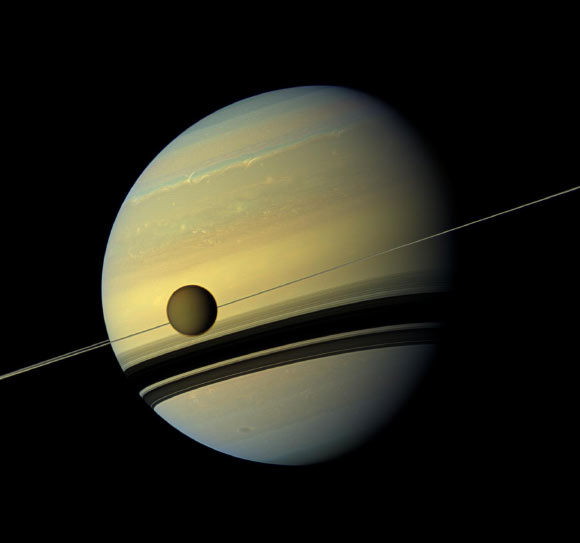
Scientists argue that two Saturnian moons, Titan and Hyperion, are not primordial worlds, but the result of a dramatic merger between two ancient moons.
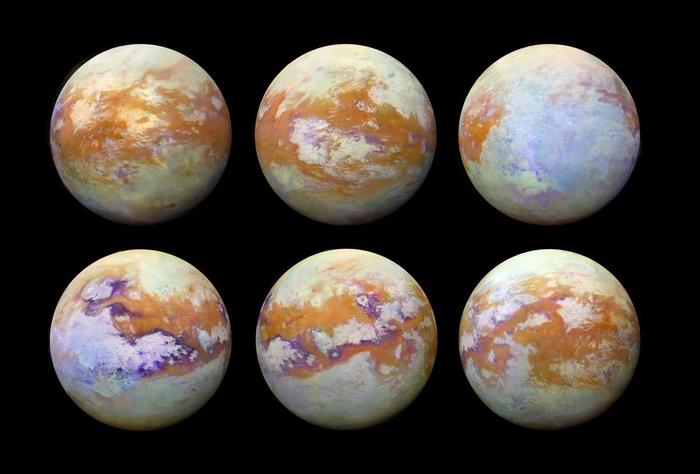
Careful reanalysis of data from more than a decade ago indicates that Saturn’s biggest moon, Titan, does not have a vast ocean beneath its icy surface, as suggested previously.
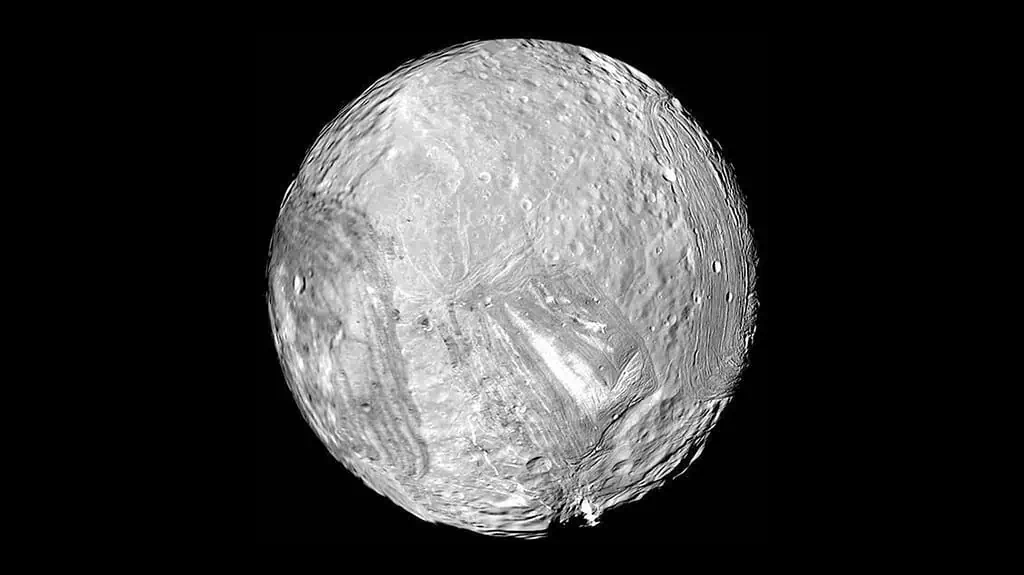
There are several frozen moons in our solar system, orbiting the gas giants. Some of them have liquid water under the surface and deep down in the dark, the ocean may be boiling.
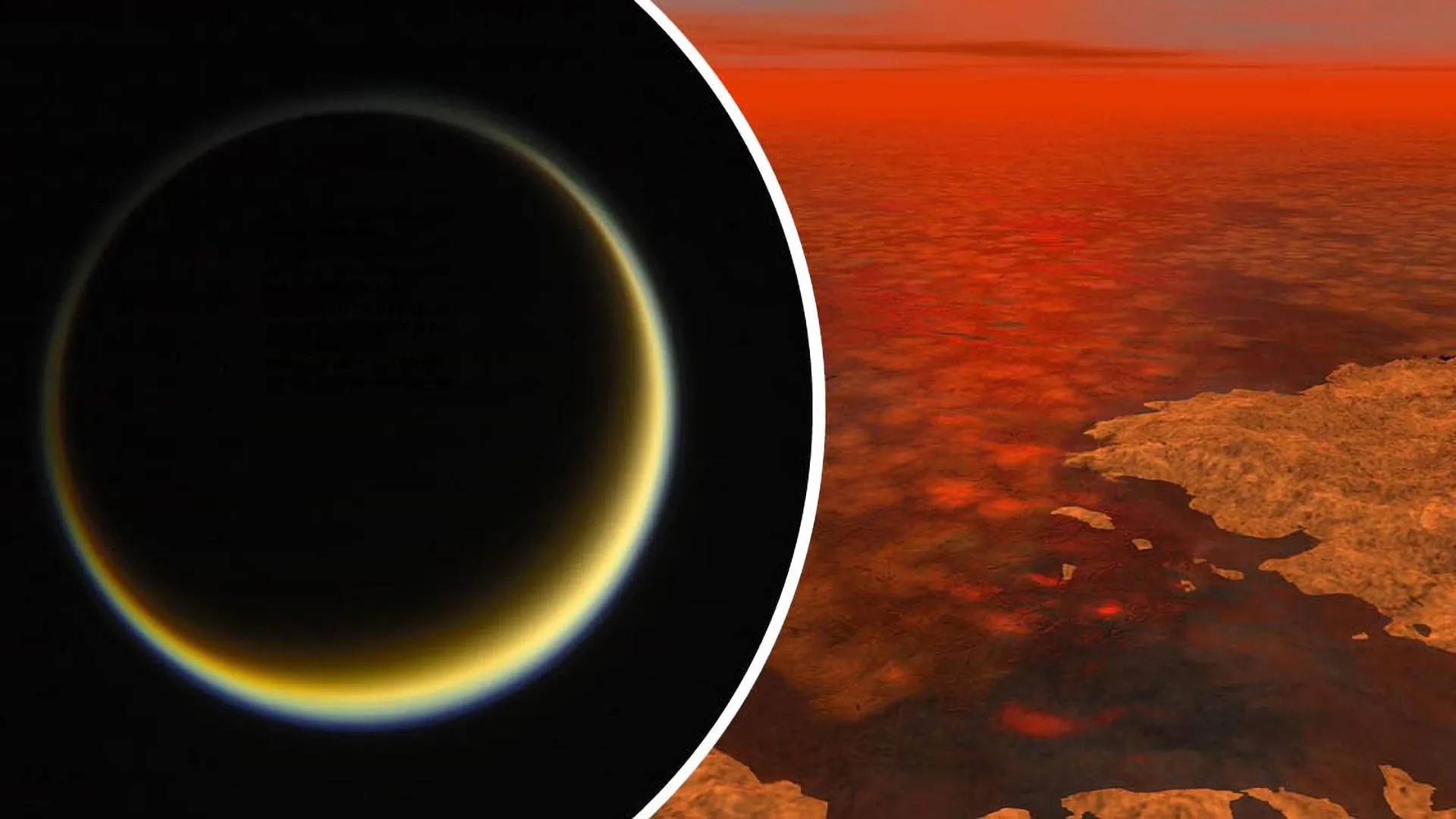
Scientists from NASA and Chalmers University have discovered that incompatible substances can mix on Titan’s icy surface, breaking the “like dissolves like” rule of chemistry.
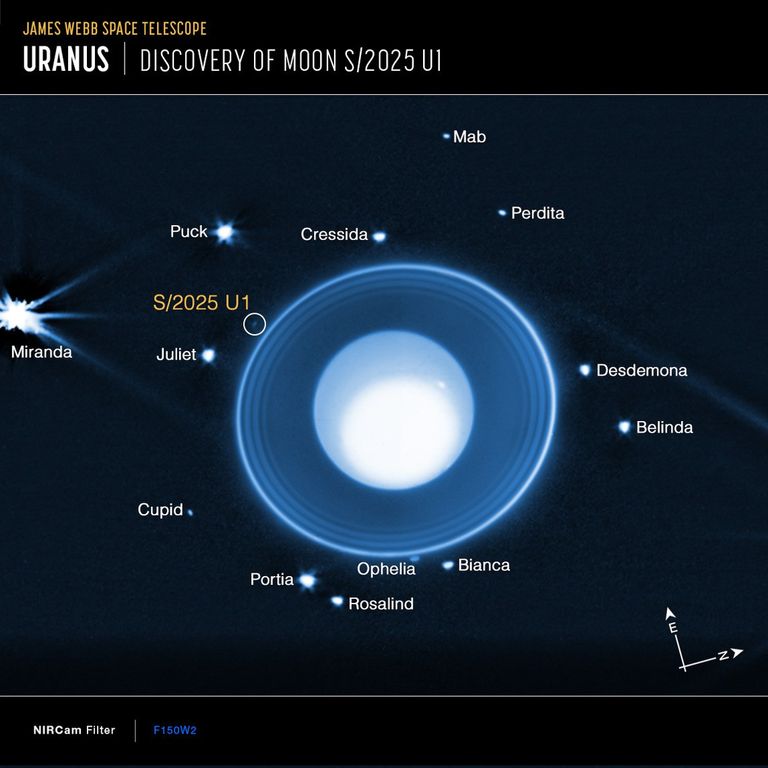
Using NASA’s James Webb Space Telescope, a team has identified a previously unknown moon orbiting Uranus, expanding the planet’s known satellite family to 29.
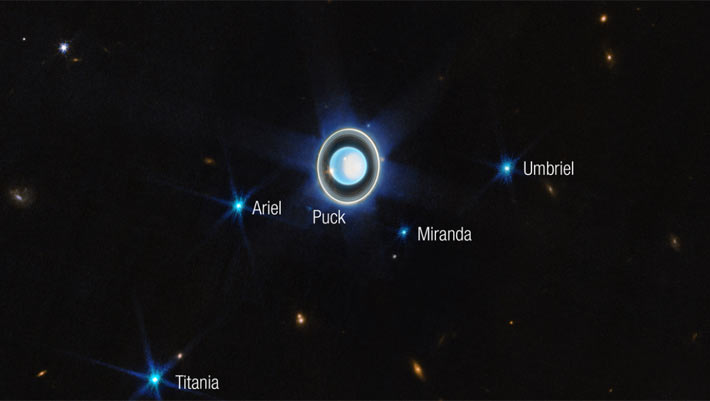
In new research, astronomers using the NASA/ESA Hubble Space Telescope searched for signs of interactions between the magnetic environment and the surfaces of Uranus and its four largest moons: Ariel, Umbriel, Titania, and Oberon.
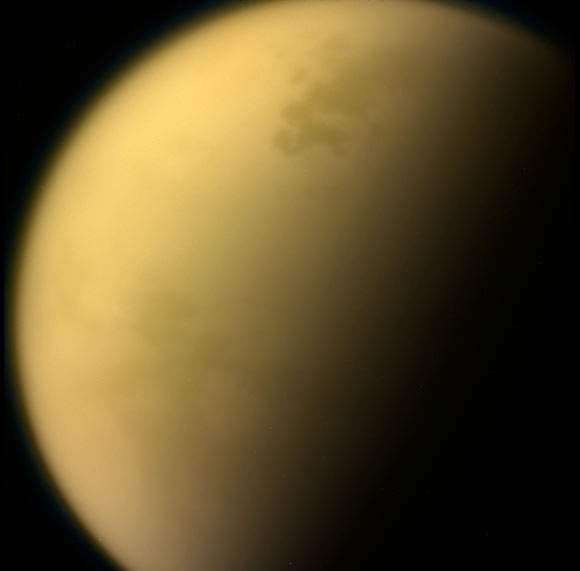
Titan is the only moon in the Solar System with a significant atmosphere, and one that has long captivated planetary scientists.
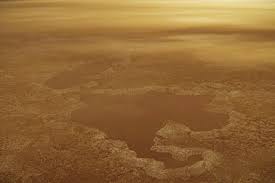
New research finds that despite large rivers and seas of liquid methane, Saturn's moon Titan seems mostly devoid of river deltas.

ESA's Hera mission for planetary defence made the first use of its payload for scientific purposes beyond Earth and the Moon. Activating a trio of instruments, Hera imaged the surface of the red planet as well as the face of Deimos.

A team of astronomers from Taiwan, Canada, the United States, and France has observed 128 additional moons orbiting the gas giant Saturn, bringing its total number of confirmed moons to 274.
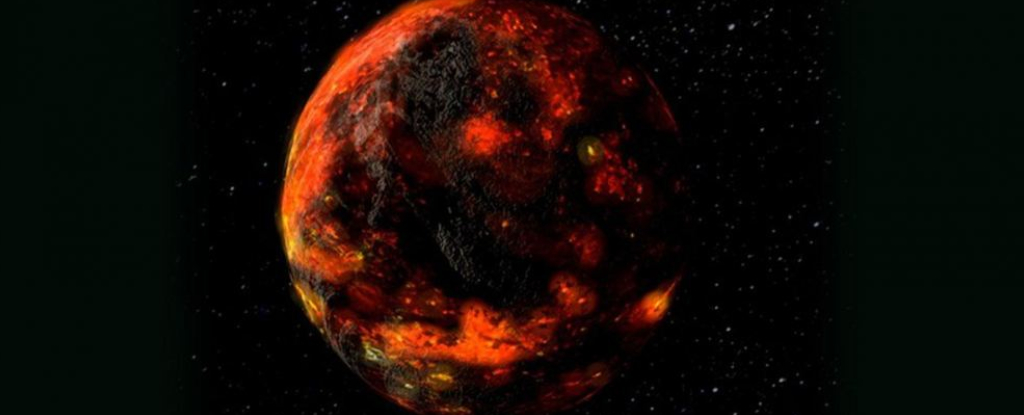
New measurements of rocks gathered during the Apollo missions now show it solidified some 4.43 billion years ago. It turns out that's about the time Earth became a habitable world.
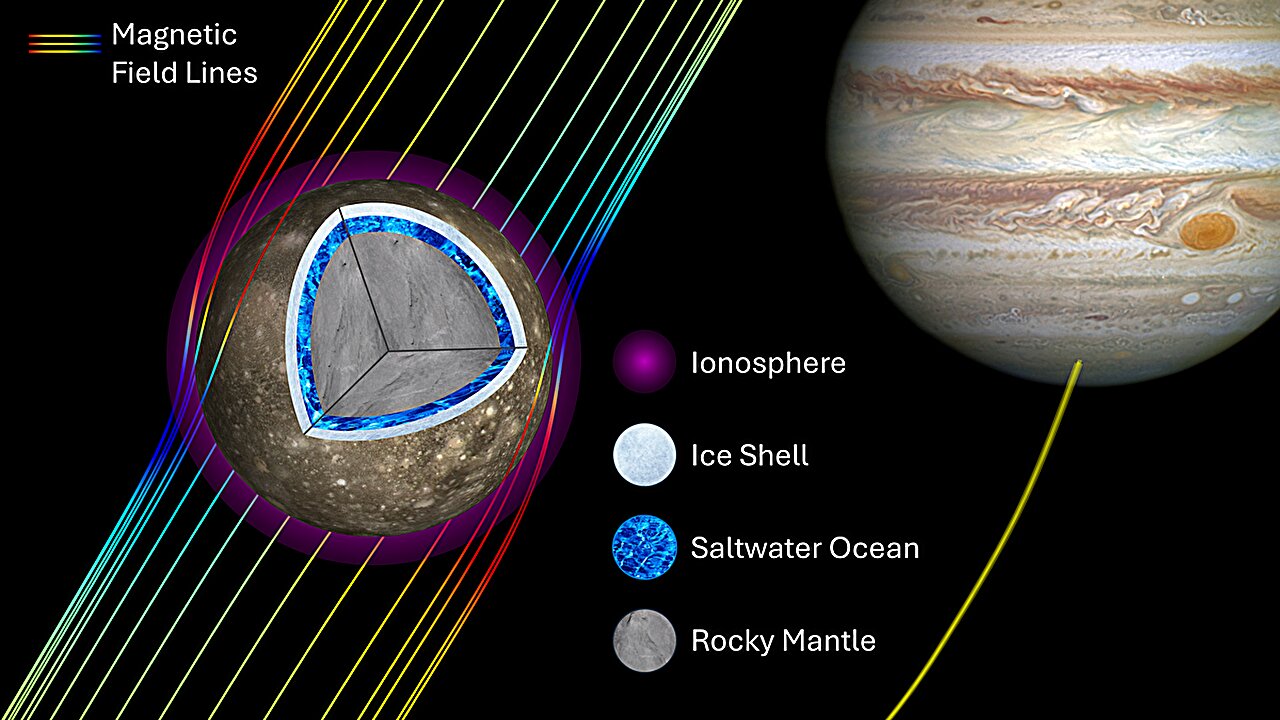
Recent expanded analysis much more strongly suggests that Callisto hosts a subsurface ocean.
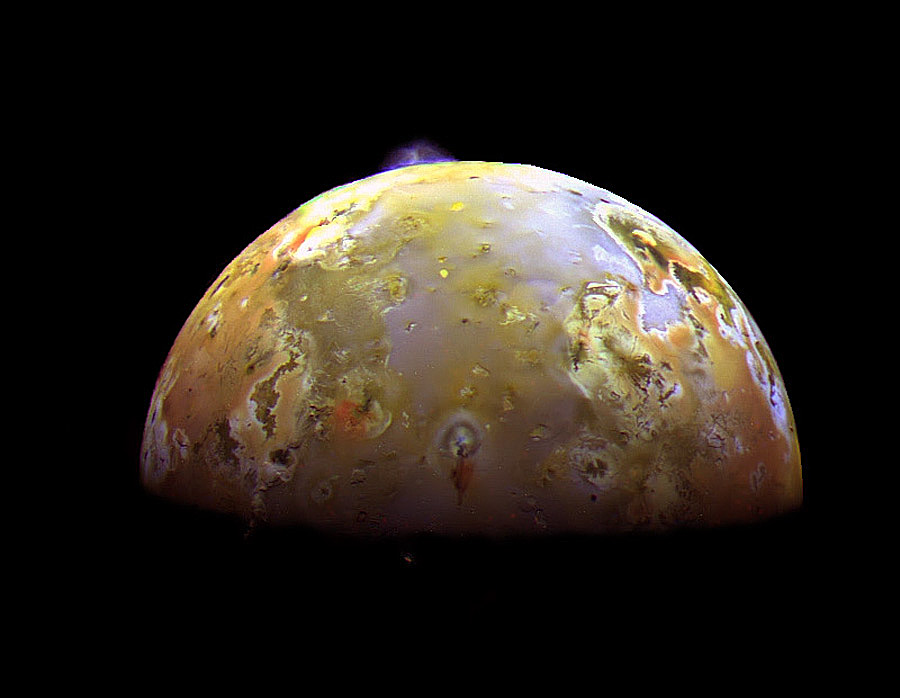
Io does not have a shallow global magma ocean beneath its surface, counter to previous claims, suggests a paper published in Nature.
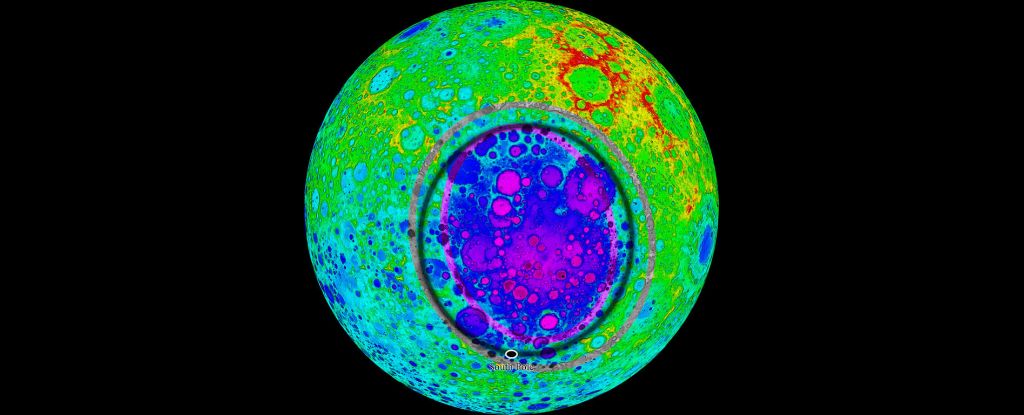
A new research suggests that the South Pole-Aitken basin may not have formed the way we thought, and may be much bigger than previous studies suggest – a discovery that has exciting implications for future lunar missions to the basin.
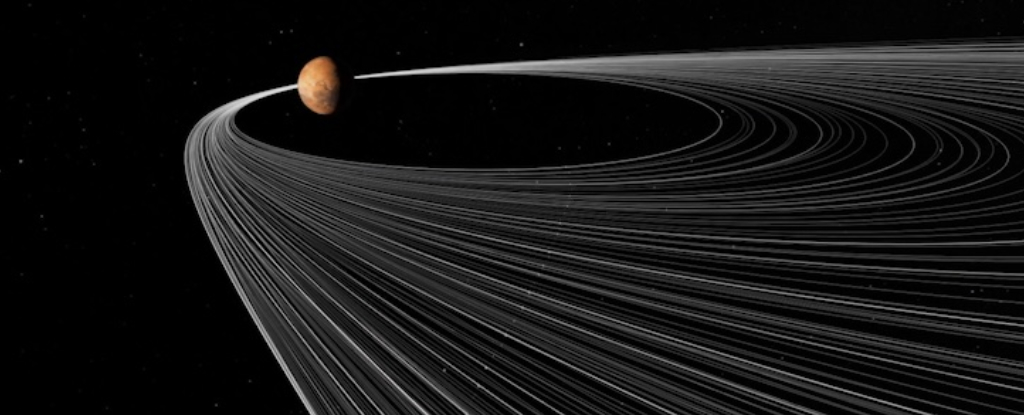
Martian moons could be a result of an early collision similar to that of Earth and Theia. This new model proposes an interesting middle way. Rather than an impact or direct capture, the authors propose a near miss by a large asteroid.